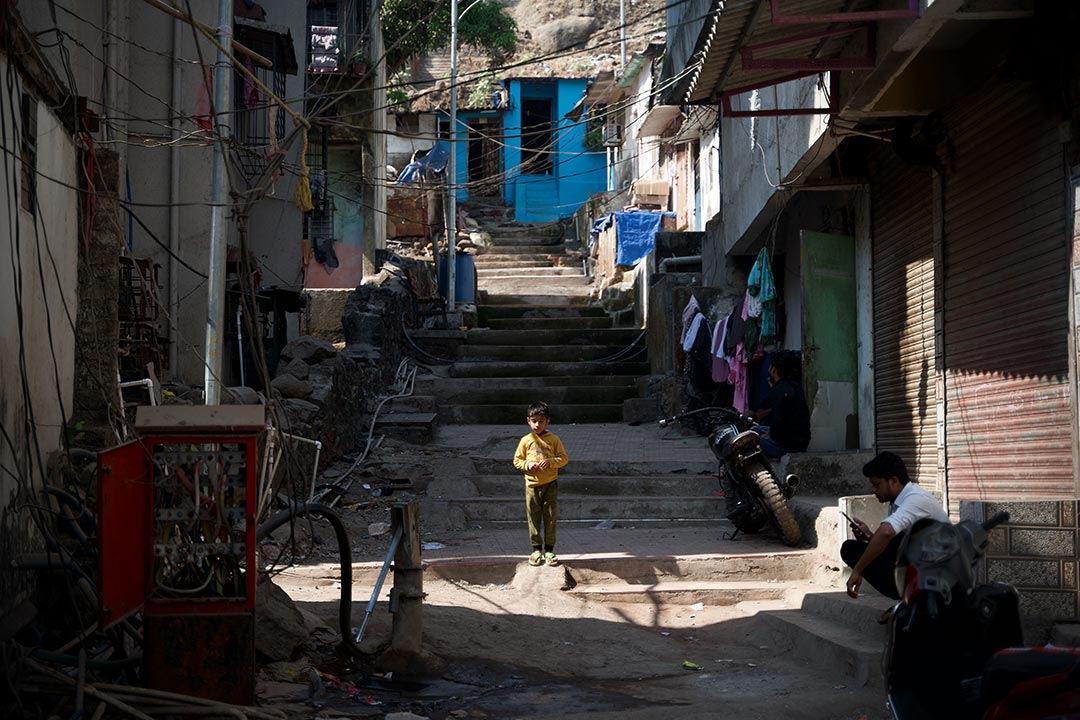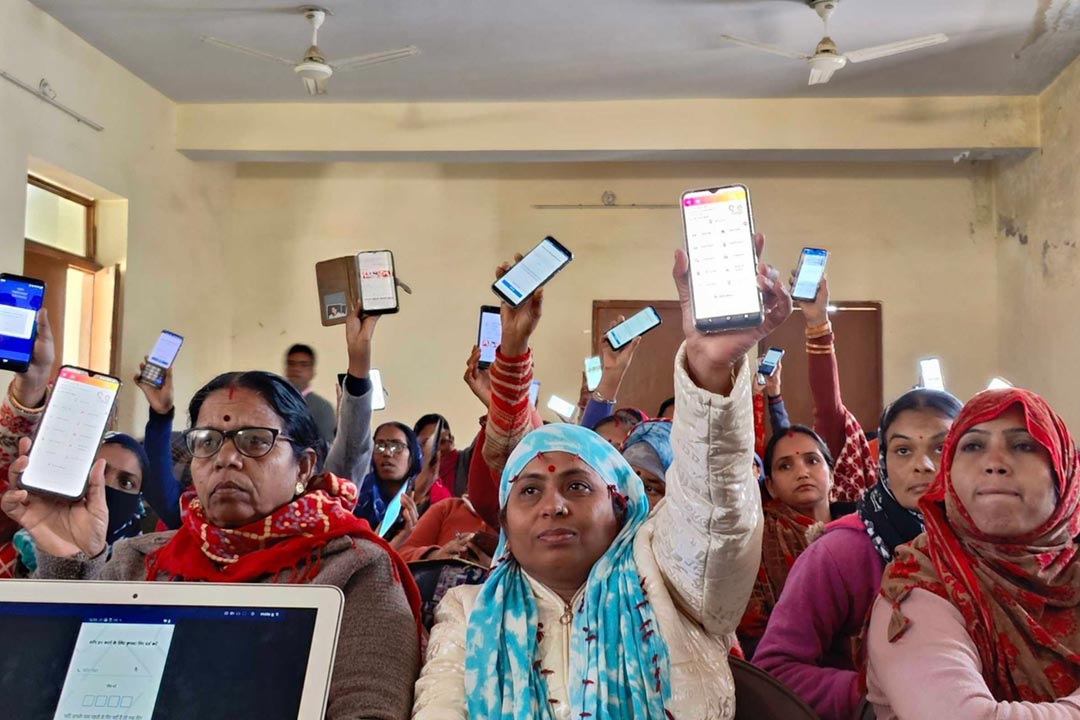Children growing up without parents are 70% more likely not to have received a single vaccine
Orphans and children with absent parents are at significantly higher risk of missing out on routine immunisation, a new study has found.
- 17 July 2025
- 5 min read
- by Joelle Ducharme

A new study led by researchers at the University of Montreal and the University of Minnesota has found that children who are orphans, or growing up without the care of their parents, are at significantly higher risk of missing routine vaccinations. These findings highlight an important but often overlooked gap in global vaccination efforts.
Compared to children whose parents were alive, orphans had a nearly 60% higher odds of being zero-dose, 46% higher odds of being under-immunised, and 42% higher odds of missing the measles vaccine.
In 2019, the United Nations (UN) adopted a Resolution on the Rights of the Child, which called for better evidence to understand the needs of children living without parental care. This study is the first to use recent, wide-ranging data to examine how losing one or both parents – or living without their care – can impact a child’s chance of being vaccinated.
A pervasive challenge
Drawing on data from 189 UNICEF household surveys across 82 countries from 2005 to 2022, the study, published in eClinicalMedicine, analysed living situations and vaccination records for nearly 740,000 children aged 12 to 59 months. The study focused predominantly on low- and middle-income countries (LMICs), where need is likely to be the greatest.
Among children surveyed, roughly 3% were orphans and 6% were living without parental care – a pervasive issue that is often overlooked in public health policy and practice. Understanding which children are most at risk helps tailor interventions that work.
Orphans face higher risk
The study found that missed vaccinations were widespread among the children surveyed. More than one in five of all the children in the study (20%) were zero-dose children, meaning they had not received even a single dose of the basic diphtheria, tetanus and pertussis-containing (DTP) vaccine, which is conventionally used as an indicator for vaccination in general. Just over half had not received the measles vaccine, and nearly 60% were missing one or more of the eight routine vaccines recommended by the World Health Organization.
Have you read?
Children growing up without their parents stood out as being much more likely still to have missed out on immunisation. The researchers found that orphans, defined by the UN as children with one or both biological parents deceased, faced particularly high risks. Compared to children whose parents were alive, orphans had a nearly 60% higher odds of being zero-dose, 46% higher odds of being under-immunised, and 42% higher odds of missing the measles vaccine. Children lacking parental care – not residing with their biological parents – also faced an elevated risk of falling behind on vaccinations. Given that nearly half of all vaccine-preventable deaths occur among zero-dose children, these findings underscore just how critical it is to reach children without parental care.
Not all orphans face the same risk
The study went further, exploring different types of orphanhood. It found that maternal orphans and double orphans (those who lost both parents) faced the greatest disadvantage. Children who had lost only their father fared slightly better, suggesting that the mother’s caregiving role may be more critical to ensuring timely immunisation. Understanding which children are most at risk helps tailor interventions that work.
“We know intuitively that children lacking parental protection may tend to miss out on essential services, yet their plight is often invisible,” says Mira Johri, professor at the University of Montreal and lead author of the study. “Data on children's living situations are rarely collected, with the notable exception of UNICEF surveys. We seized the opportunity offered by these surveys to better understand the challenges facing this very vulnerable group of children.”
Overlapping deprivations
The authors emphasise that orphanhood and absence of parental care work together with multiple other factors to shape vulnerability to sub-optimal vaccination. Children without parental care are more likely to live in complex and fragile circumstances – such as poverty, displacement, or in communities affected by conflict or weak health systems. These overlapping challenges make it harder to access all kinds of basic health services, including routine immunisation. The findings underscore the importance of addressing the broader social and structural conditions that shape children’s health, particularly for those already at the margins.
Implications going forward
The year 2024 was devastating: more than 473 million children found themselves living in areas affected by conflict, according to UNICEF. While vulnerable children exist in every context, the growing impacts of climate change, extreme poverty, humanitarian crises, disasters, armed conflict and forced migration are expected to further increase the number of children facing separation from their families and living without parental care. These pressures are likely to deepen existing inequalities and leave more children unprotected.
Dr Zulfiqar Bhutta, Co-Director of the Centre for Global Child Health in Toronto and recipient of the 2025 Virchow Prize for his leadership in advancing maternal, newborn and child health equity, said the study’s findings highlight an often-overlooked dimension of vaccine equity. He told VaccinesWork: “In a global context marked by climate change, entrenched poverty, conflict and geopolitical instability, and growing inequality, situations that lead to family separation are prevalent and likely to increase. The global community must bring these children into the spotlight. Ensuring that the most vulnerable children are protected through vaccination is an essential obligation.”
To ensure that no child is left behind, vaccination programmes must intentionally prioritise orphans and children lacking parental care. The study’s authors outline practical recommendations to help make this a reality, such as training and sensitising health workers to recognise these children early and enhancing service coordination.
Because immunisation is not only a key pillar of primary health care but also a common point of contact between children and health systems, improving access to vaccines can serve as a vital first step – both in protecting children’s health and in upholding their fundamental rights.






